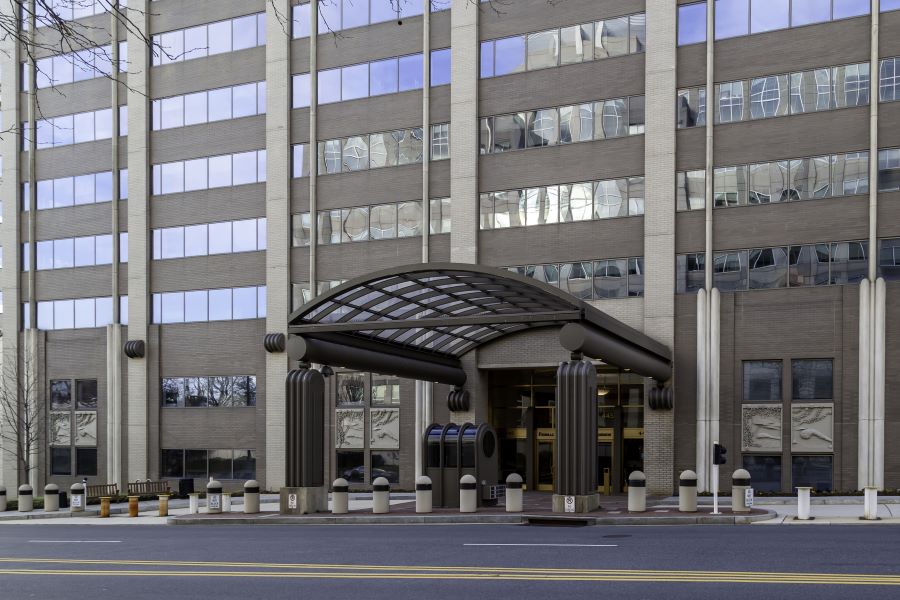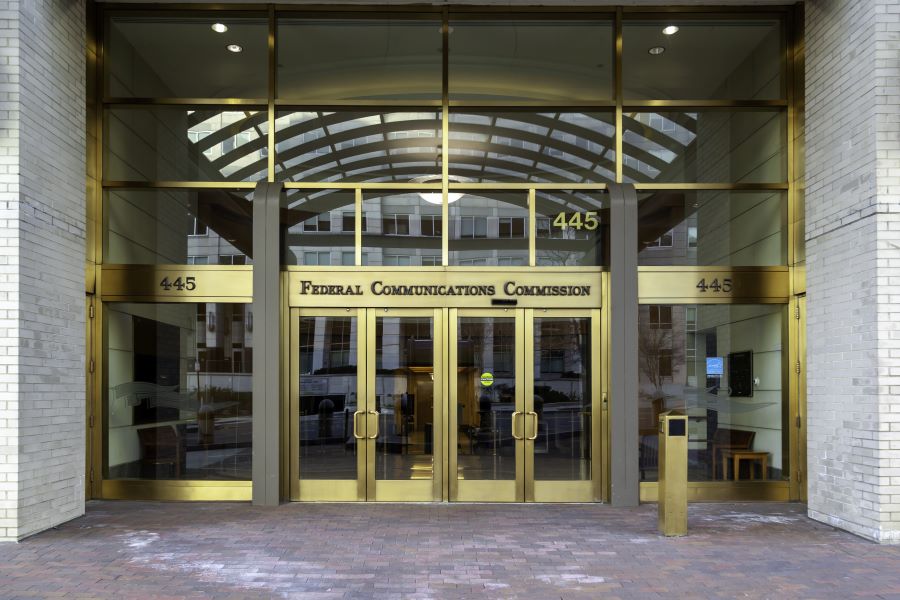Once again, there are a number of notable stories from the past month relating to Telephone Consumer Protection Act (TCPA) compliance, Florida Telephone Solicitation Act (FTSA) compliance, and call deliverability that are worth gathering in one blog post. Citrix Settles TCPA Class Action for $2.75 Million One of the most notable trends in the nearly… Continue reading January Compliance and Deliverability News Grab Bag
Tag: STIR/SHAKEN
Healthcare Calls Face Deliverability Challenges
Calling and messaging is an essential facet of modern healthcare. But even the most compliant healthcare callers are facing a new challenge that seriously impedes their ability to communicate with patients: the risk of calls being marked as spam or not being received due to the new regime of call blocking and labeling policies, apps, and regulations.
FCC Proposes Extending STIR/SHAKEN Protocols to Text Messages
Yesterday, the Federal Communications Commission (FCC) released a notice of proposed rulemaking (NPRM) the relates to a potential plan to extend STIR/SHAKEN call authentication protocols to text messages. As explained in the accompanying press release, the NPRM “proposes requiring mobile wireless providers to block texts, at the network level, that purport to be from invalid,… Continue reading FCC Proposes Extending STIR/SHAKEN Protocols to Text Messages
Call Deliverability News Grab Bag
Call deliverability is becoming the most important frontier in regulatory battles for callers. Thanks to a confluence of factors, regulatory regimes have focused increasing attention on shutting off illegal robocall traffic before it can reach consumers, even if that comes at the expense of legitimate callers. Here are some recent news stories relating to this ongoing challenge.
State and Federal Enforcement Actions Present Unique Challenges for Marketers
On August 2, the attorneys general from all 50 states announced the creation of an Anti-Robocall Litigation Task Force. The purpose of this task force is “to investigate and take legal action against the telecommunications companies responsible for bringing a majority of foreign robocalls into the United States.” This represents an escalation in the ongoing trend of state and federal regulators—often working together—directly enforcing telemarketing regulations rather than merely leaving things to private plaintiffs in lawsuits and class actions. These regulatory enforcement efforts present particular challenges for law-abiding callers.
June Grab Bag: Compliance News
The TCPA, FCC, and state law news that matters from June.
Top Ten Telemarketing Compliance Stories of 2021
2021 was an eventful year in the world of telemarketing regulations. Here are the most important events and stories from the past year.
New York Governor Signs Robocall-Blocking Legislation
New York has new robocall-blocking laws.
The Epistolary FCC: Open Letters From the Senate To and About the FCC
One of the stranger sagas of the first year of Joe Biden’s presidency is his failure to nominate a permanent chair and fifth commissioner to the Federal Communications Commission (FCC). We covered this issue back in June when more than 50 advocacy groups published an open letter urging the president to fill the open slot.… Continue reading The Epistolary FCC: Open Letters From the Senate To and About the FCC
Call Deliverability Is a Priority for Marketers in the STIR/SHAKEN Era
The Telephone Consumer Protection Act (TCPA) was signed into law in 1991—eons ago with regards to telecommunications technology. At the time that the law was drafted and passed, one of the primary regulatory concerns was the then-prevalent practice of sending junk faxes. Now, in the smartphone era, regulators are far more concerned with robocalls.









